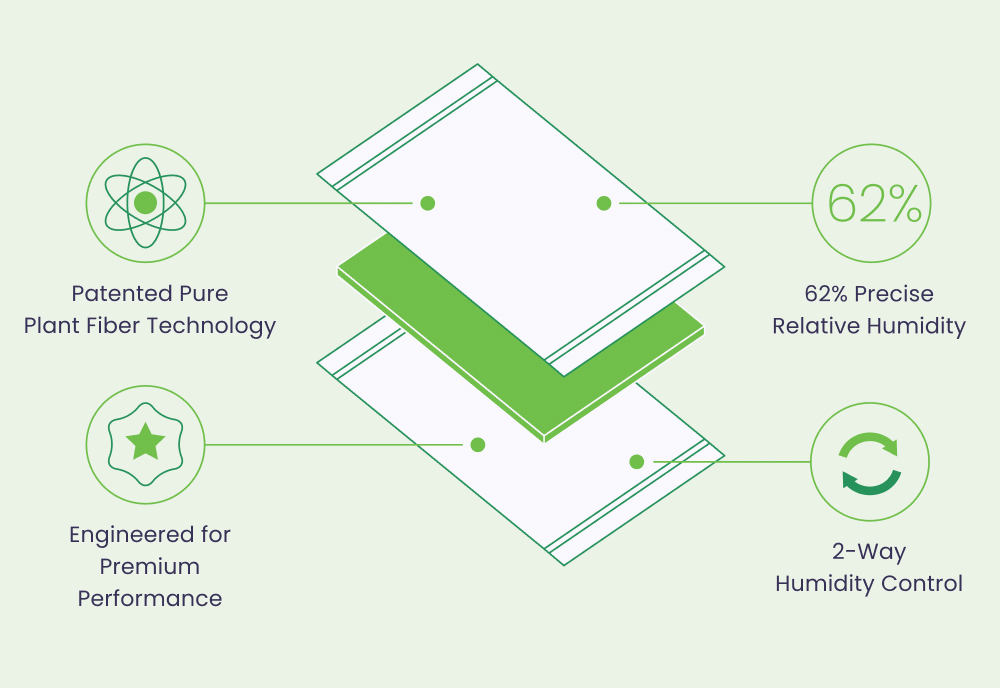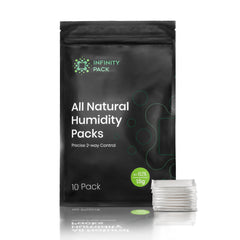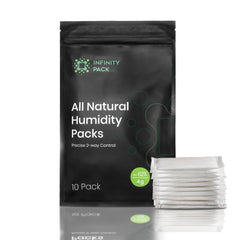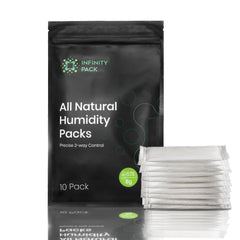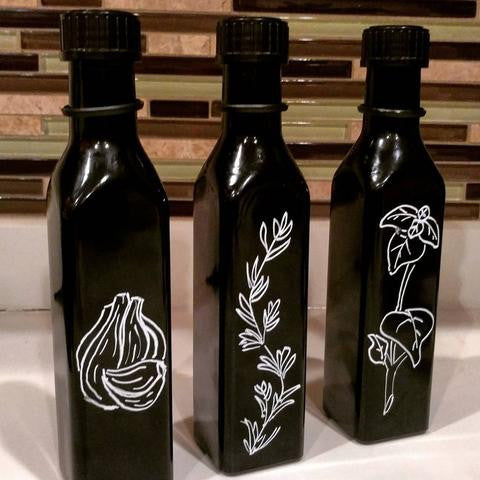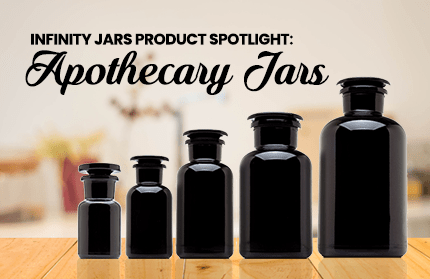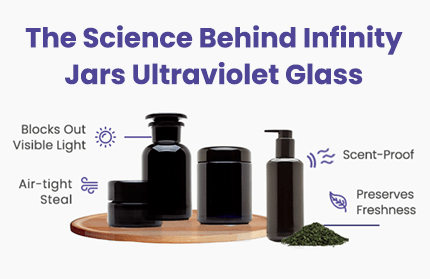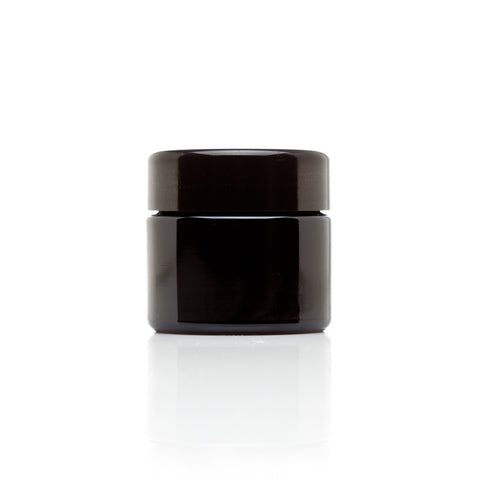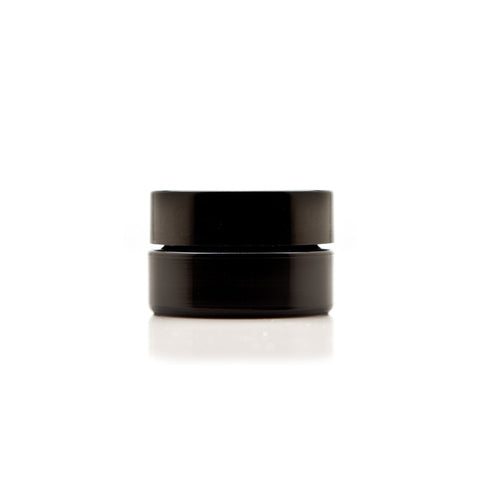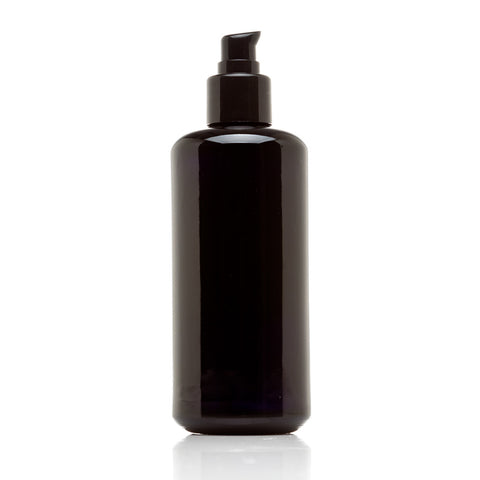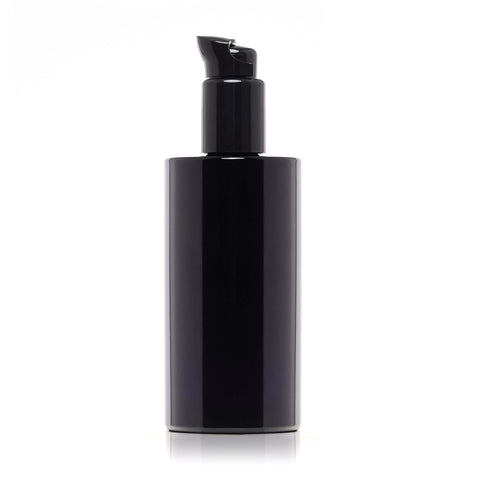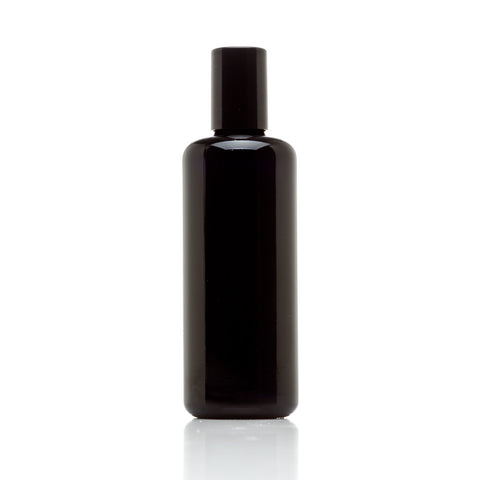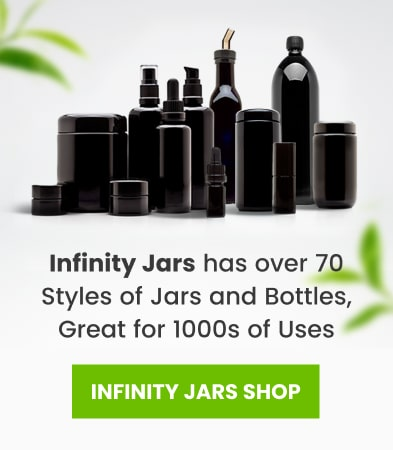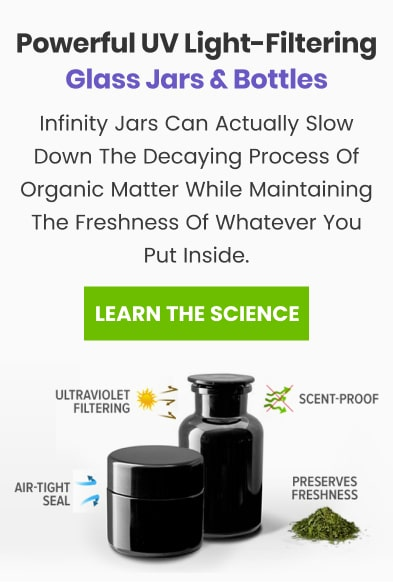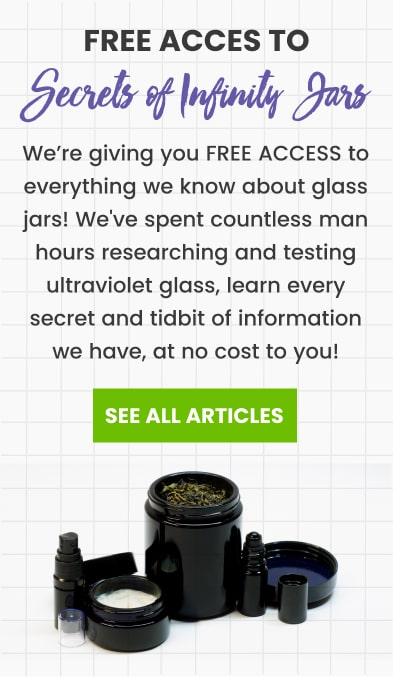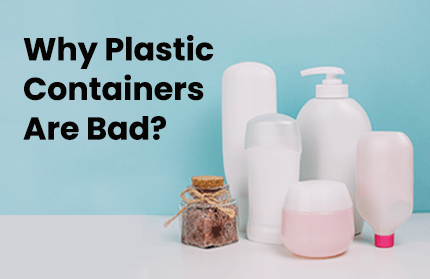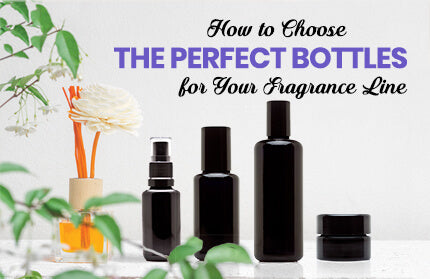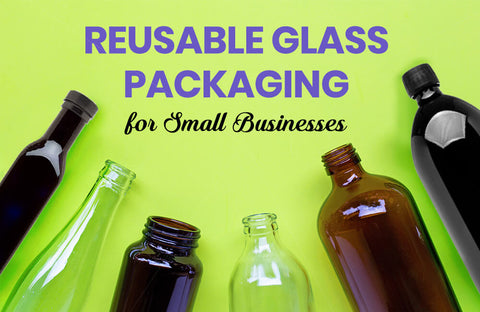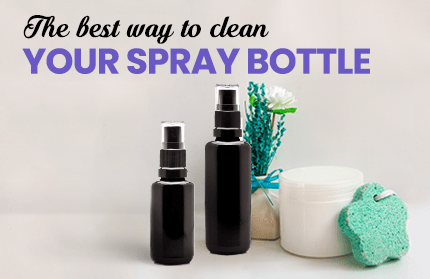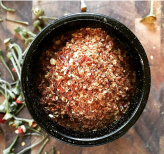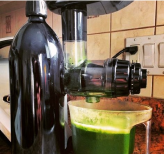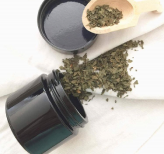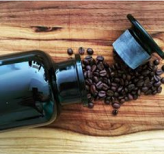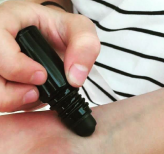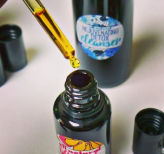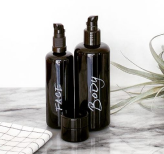
Why Glass Containers are Better Than Plastic Containers | Infinity Jars
Five reasons why you should use glass containers instead of plastic. Get a better idea of how plastic can harm not just the environment, but your health as well. Find a long-lasting and environmentally-friendly way to store products while extending their shelf life as well!
It won’t come as a surprise that plastic is harmful to the environment. What can be surprising is the extent of the damage that plastics can cause. For example, 1.8 trillion pieces of plastic have accumulated in just a single area of the Pacific Ocean between California and Hawaii.
There are currently five patches of plastic debris floating around the world’s oceans. The largest of these patches -- the Great Pacific Garbage Patch -- has been estimated to be twice the size of Texas. If that’s not bad enough, the plastics in the oceans degrade into smaller and smaller bits, eventually turning into microplastics that fish and other wildlife can consume. Researchers think that there are about 51 trillion pieces of microplastic in the oceans -- a number 500 times the number of stars in the Milky Way.

In fact, fish in supermarkets have already been found to have ingested high amounts of these microplastics. Though it’s still not clear how consuming these fish can affect humans, it’s certainly an alarming prospect.
Ridding our oceans of all this plastic waste is a daunting and complicated thing. It’s important, therefore, to severely reduce the amount of plastic that will make their way into the oceans as well. Cutting back on the plastic you use can seem difficult, since plastic is more or less ubiquitous in our modern world.
However, we can all make lifestyle changes that won’t choke our oceans and feed our wildlife with potentially toxic waste products.
5 Reasons Why You Should Switch to Glass Containers
One such lifestyle change we can make is opting for glass containers instead of plastic ones. Glass is safer than and superior to plastic in a number of different ways, and it can benefit both you and the environment in ways that you may or may not expect.
Plastics are incredibly harmful to the environment
Aside from the patches of plastic waste floating like garbage islands in the oceans, there are so many other ways that plastic can harm nature. For one thing, plastic bottles can take over 450 years to disintegrate, and if they’ve already made their way into a landfill, disintegration can take up to a million years.
Meanwhile, plastics can also leach toxic chemicals into their environment. Plastic also has the ability to absorb toxins and pollutants that have spilled into the oceans, and researchers think it’s possible that plastic microparticles are in the air we breathe as well. In the far-off future, it’s possible that Earth’s sedimentary rocks will have a layer of plastic in them.
The production of glass is more environmentally-friendly
A lot of potentially harmful substances come out of the production of new plastic, such as methylene chloride, benzene, sulfur oxides, methanol, and several others. However, the production of glass doesn’t have the same impact. The manufacture of a glass jar, for example, produces five times less greenhouse gas emissions than the manufacture of a plastic container of the same size. Glass also needs only half the fossil fuels plastic needs in manufacturing.
Glass is truly recyclable
Because plastic isn’t biodegradable, it’s thus recyclable. Maybe, therefore, it’s not so bad? Maybe, but it’s not that simple. Plastic loses integrity each time it’s recycled. When plastic bottles, for example, are sent off to be recycled, they no longer have the same quality as they did before they were recycled. Thus, they need to be turned into something else, like carpet padding.
Thus, each plastic bottle we get our hands on is all-new plastic -- plastic that will take longer than we can imagine to completely disintegrate. However, glass isn’t like that. When we recycle glass, it doesn’t lose its quality. A glass jar can be recycled into another glass jar, maybe even two. Not every glass container was recycled, but the point is that it can be.

Glass doesn’t leach chemicals
Plastic containers can leach chemicals not only into the environment, but into their contents as well. This can happen especially when you transfer hot substances into a plastic container, or when you microwave food in plastic. Food, drinks, cosmetics, and other things packaged in plastic may contain traces of chemicals found in the packaging, and these chemicals can be toxic.
The same isn’t true of glass containers, since glass contains far fewer toxic substances that won’t leach out of the glass anyway.
You can use glass for a longer period of time
At some point, we have to dispose of plastic containers. They may have gotten warped due to hot contents, or they may also have gotten discolored due to years of use. Plastic can also absorb and house potentially harmful microbes, which means that using plastic containers for a long time isn’t a good idea.
Glass, as long as you don’t break it, can stay functional for years and years. Even if it does break, the shards can be recycled to make a new class container. Though not all glass is recycled, un-recycled glass can stay in the environment for a very long time without causing harm (unless you happen to step on them).
Why Infinity Jars Products are a Great Choice
Infinity Jars has so many jars and bottle of different sizes and shapes, all made of durable ultraviolet glass. You’ll be able to use these jars for a very long time, and the ultraviolet glass can help extend the shelf life of organic products as well. The glass protects against visible light rays that can speed up degradation while allowing ultraviolet light to penetrate. Ultraviolet light can enhance the quality of stored products and even help extend their shelf life.
We have jars that have durable and heavy-duty aluminum lids, as well as apothecary jars with glass lids. These are great alternatives to many plastic containers that you may have in your kitchen or bathroom.
With these glass containers, you can cut back on a significant amount of plastic. You can simply wash them and use them for another purpose. They’re dishwasher-safe as well, so they’re easy to clean. The products you store will also last and stay fresher longer than they will if they were stored in plastic or clear glass containers.

References
http://time.com/5212078/great-pacific-garbage-patch-plastic-pollution-study/
https://ecologycenter.org/plastics/ptf/report3/
https://www.theguardian.com/environment/2013/may/12/are-plastic-jars-better-than-glass
https://www.mnn.com/food/healthy-eating/blogs/glass-vs-plastic



